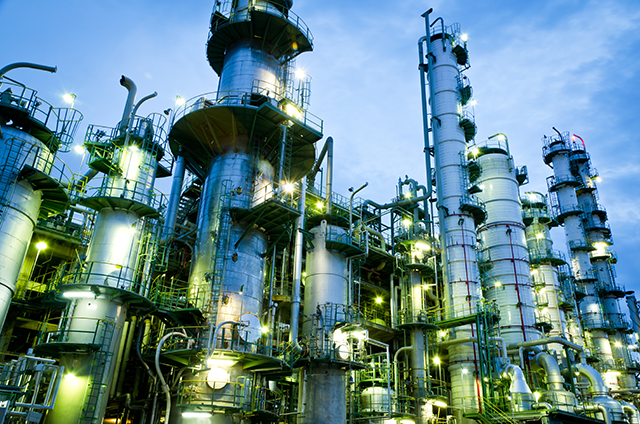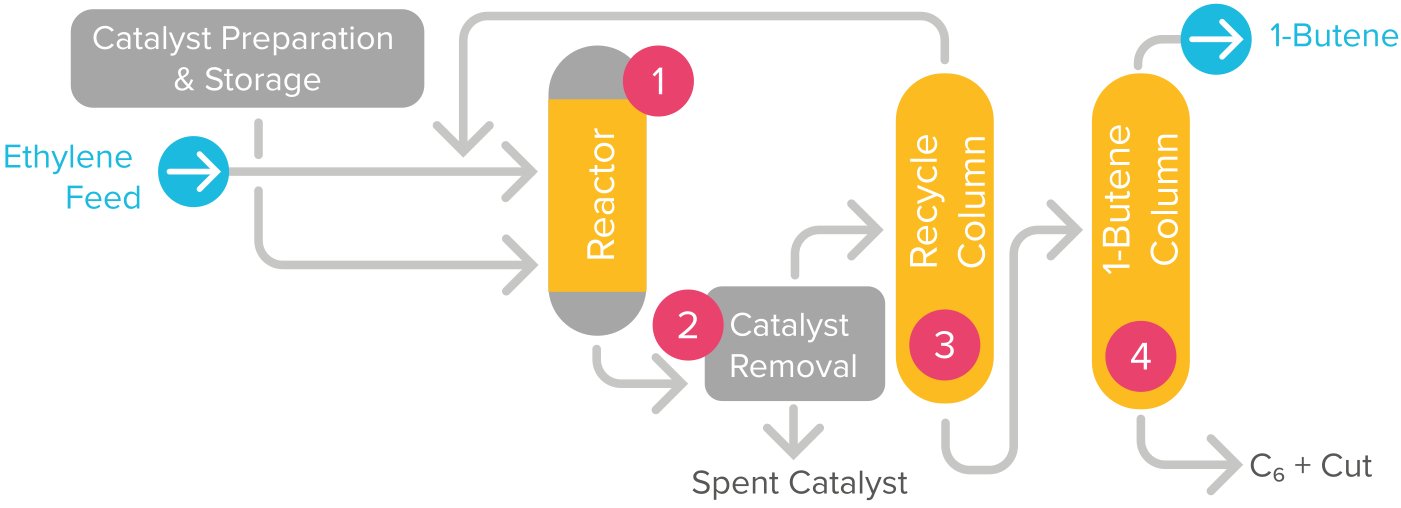Technology

- Name
- Axens AlphaButol
- Owner
-
/ Axens SA - Brand
- AlphaButol®
- Process
- Olefin processes
- Type
- Ethylene Oligomerization
- Available
-

- #TE72
Description
Your insights will be shown here
| Entity | Site (Country) | Asset (Plant) | |||
|---|---|---|---|---|---|

|

|
|
1-Butene Plant | ||

|

|
|
Butene-1 Plant | ||

|

|
|
Butene-1 Plant | ||

|

|
|
Butene-1 Plant | ||

|

|
|
CDU/VDU | ||

|

|
|
Butene-1 Plant 1 | ||

|

|
|
Butene-1 Plant 2 | ||

|

|
|
1-Butene Plant | ||

|

|
|
1-Butene Plant | ||

|

|
|
1-Butene Plant | ||

|

|
|
1-Butene Plant | ||

|

|
|
Butene-1 Production | ||

|

|
|
Butene-1 Plant |
Content provided by
| Transaction | Name | Date |
|---|---|---|
| Modified by |
|
8/5/2025 1:13 PM |
| Added by |
|
2/13/2022 1:11 PM |










